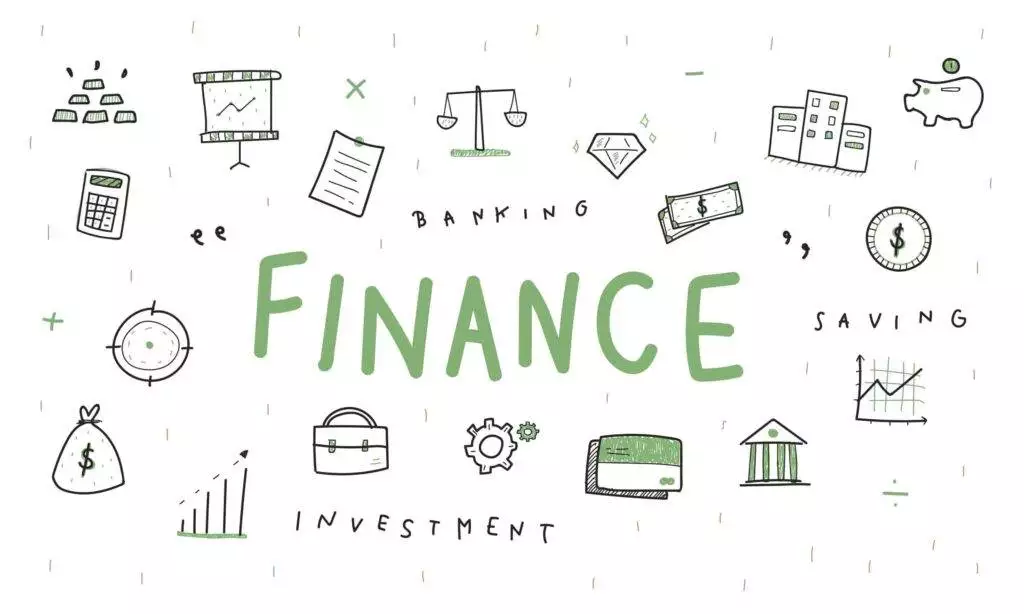Banks and other financial institutions offer different products to meet different needs of their customers. Businesses, on the other hand, are quite unique and require banking solutions that are tailored specifically for the type of business they operate. While some banks specialize in offering only business banking services, others also offer personal banking services.
This article will explain the differences between business and personal banking. Also what to look for when choosing a bank or other financial institution for your business needs.
What is business banking?
Business banking is a type of banking that helps to manage the finances of your business. It includes services such as account opening, loan approval, and cash management. These services are necessary to help businesses grow and raise capital, while also providing accessible financial stability. Commercial banks offer many different types of business banking solutions for companies with various needs.
Some banks will offer industry-specific solutions for certain industries, like agriculture or oil. Other banks may provide services that are more general in nature, like personal loans for any kind of business or commercial bank loans that are good for any size company. If you’re starting a business or expanding into a new marketplace, it’s important to seek out a bank that can provide reliable options for your business needs during its initial phases.
Personal banking vs. business banking
Business banking services are geared toward businesses, while personal banking services are primarily targeted at individuals. Personal banking services include a wide array of products, such as checking accounts, savings accounts, loans, credit cards, and investments. On the other hand, business banking services typically focus on providing software solutions for managing a company’s finances.
Businesses need to decide what type of financial institution they want to use based on the needs of their company. Some businesses may find it beneficial to use a bank that specializes in offering only business-related products and services. Others might find it more appropriate or efficient to use a bank that also offers personal banking products and services. It is important to know what kind of service you need before choosing a bank or other financial institution for your business needs.
Business loans and lending
When you’re looking for a loan to help fund your business, it’s important to be aware of the different types of loans available and which would best suit your company. There are multiple types of loans, such as a business financing loan, working capital line of credit, and even personal loans.
The first option is to apply for a business financing loan with a bank that specializes in business banking services. These types of loans can be used as collateral for board members or other key team members as well. The interest rate on these loans tends to be higher than regular personal lending options because they are more risky investments.
However, this is reasonable considering the high risk factor involved in funding an enterprise such as yours. Working capital line of credit is also a great option for businesses who need short-term funding but don’t want to take out a long-term loan. With this type of loan, you’ll only need to apply once every 12 months. It’s convenient and manageable for smaller businesses that don’t require large amounts of money often.
In order to qualify for this type of loan, you’ll have to provide proof of income and assets that are liquid enough to support the repayment period on the line of credit agreement.
Accounts and forms for business banking
Typically, banks offer accounts and forms for business banking. Business banking accounts help businesses manage cash flow and provide a safe place to store funds. However, there are also some business banking loans that can be used to fund company projects as well as other costs.
In addition to the different types of accounts offered by banks, they also offer a variety of forms that can be used at different times during the business day. For instance, if you are having a meeting with a client or need to submit paperwork for an expense claim, you may use a form specific for those purposes. Forms can also help store information about employees or clients for future reference.
Business depositories
One of the most important things that a business needs is a bank account to hold their assets. When opening an account, you will need to provide your company information, such as tax ID and the legal entity of your company. In addition, you’ll need to submit documentation with your application. For example, you may be asked to provide a copy of your business license or other official document from the company you are applying for a banking account with.
Differences between personal and business banking
Business banking offers a wide range of features and services that are often necessary for a business to operate. These features include checking account, savings accounts, credit cards, loans, and retirement plans.
Business banking may also offer services such as lines of credit, cash management, inventory management, and technology solutions to help boost productivity. Personal banking is different in the sense that it focuses on helping individuals achieve their financial goals. It offers a large selection of personal bank accounts, from which you can choose the one that best suits your needs.
Some banks also offer customized trust accounts for children or infants as well as adult estate planning services. Additionally, some of these banks offer custodial accounts for parents with small children who need access to their funds but may not be old enough to open their own bank account.
Should you bank your business or personal finances?
First, you have to decide what type of bank your business needs. There are a wide variety of banks with different services that are tailored to different types of businesses. Some banks offer only business banking products while others offer both types of services.
The next step is determining if you need a personal or business bank account. Some businesses require separate accounts for each type of service while others may only need to maintain one account with its own benefits and limitations. This depends on the type of services the business needs.
For example, if your company uses a cash-based accounting system, then it’s important that you maintain separate accounts for both personal and business use. If not, then you’ll only be able to conduct transactions from one account. This can be a hassle when it comes time to pay employees or vendors.
Once you know what aspects your business requires, you can begin choosing the best type of bank for your needs.
Here are some things to consider: 
– Is your company incorporated?
– What is the size and scope of your business?
– What kind of accounting system does your company use?
– Size of your company’s operating budget?
Finding the right financial institution for your needs
There are many factors that go into choosing the right financial institution for your business. In addition, you need to consider:
- Your company’s size
- Your industry
- Geographical location
- The type of bank you need
For example, a small business in the travel industry may not require all of the offerings that a large non-travel industry company would need. A local or regional company with a specific focus, like a restaurant or retail store, will likely have different needs than an international corporation. Finally, personal banking services are generally less expensive and more limited in scope than business banking because they do not offer the same level of services.
Financial resources are very important if you want to start or grow your business, but it is equally important to manage your bills properly. So do not waste your time and turn to professionals for your invoices!





